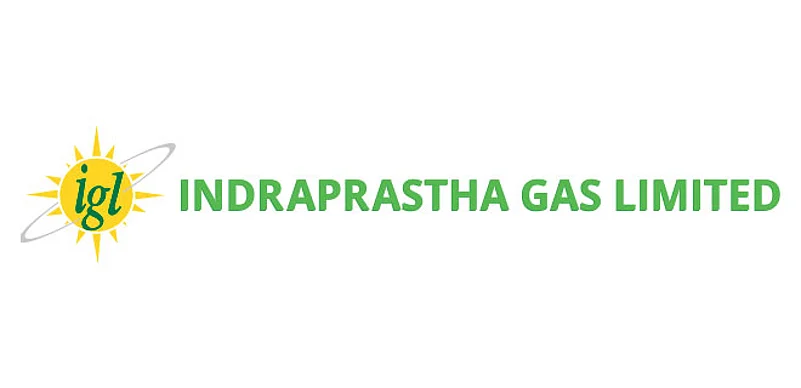Incorporated in 1998, IGL is a pioneer of commercialisation of CNG for the automotive sector in Delhi. The company is a joint venture, promoted by GAIL, BPCL, and the Delhi government. Its main operations are two business segments – CNG, which contributed approximately 75 per cent to the company's sales volumes in FY17; also involves distribution of CNG to automobiles through gas stations and PNG business—supplies natural gas to homes and commercial and industrial establishments.
Volume growth
IGL estimates 10 per cent CNG volume growth in FY18 and 7 per cent in FY19 in existing markets of Delhi, Noida, Ghaziabad and Greater Noida. This is driven by new cluster of buses (DTC proposed to add 1,000 buses), potential conversion of 30,000 taxis to CNG with all‐India permits and private car conversions (2,000/month) due to strong competitiveness—CNG is 58 per cent competitive than petrol, 30 per cent versus diesel.
In collaboration with OMCs, IGL added 81 CNG stations in FY 16. It plans to add 35 new CNG stations in FY 18 and FY 19.
IGL anticipates residential PNG double digit growth with targeted connections of approximately 100,000 new residential customers during FY18-19. It expects to sustain due to the improving real estate market in the NCR and improving occupancies in the region. Industrial PNG segment trades at discounts compared to other fuels.
In Rewari, IGL has already started two CNG stations and has a target of five to six CNG stations and 1,000 residential PNG by FY18 end. It estimates 0.5mmscmd progressively, which is 11 per cent of existing volumes. Maharashtra Natural Gas (MNGL) and Central UP Gas (CUGL) saw 15 per cent and 8 per cent growth in volume respectively in FY17. Industrial and commercial segments led to the growth for MNGL, whereas CNG backed up CUGL’s growth. IGL is in consideration for acquiring the remaining 50 per cent stake in CUGL from GAIL and BPCL.
In the long run, IGL expects steady EBITDA margin of Rs 5.7‐5.8/scm due to its strong pricing power. Additionally, IGL maintains its annual capital expenditure run rate of Rs 3 crore for its existing circles in Delhi and NCR; and requires additional Rs 1 crore p.a. for Rewari.
Impact of GST
The GST impact will be comparatively less on the bulk of IGL’s volumes comprising of CNG and residential and commercial PNG segments; whereas the industrial PNG segment will get the hit, which represents only 11 per cent of volumes. IGL believes only ~5 per cent price hike is required for CNG to offset higher tax burden due to unavailability of tax credits on GST paid on CNG compressors and other equipment/services.
The FY17‐19 estimates EPS and FCF CAGR of 14 per cent and 12 per cent, respectively, with robust RoE of 22 per cent. At current market price of INR 1,057, the stock trades at 18x FY19E PER; in other words, IGL trades at 18 times its expected earnings of 2019.
Opportunities for IGL
The aggressive plans of Delhi Integrated Multi‐Modal Transit (DIMTS) to add buses and the initiative by Delhi government to introduce new blue‐line buses, meant to facilitate last mile connectivity for Delhi Metro, will assist in CNG volume growth of IGL.
IGL acquisition of 50 per cent stake in Maharashtra Natural Gas (MNGL) will grant IGL to enter Pune with good growth potential.
The PNG business represents a long term opportunity with low penetration of approximately 10 per cent in the domestic segment which will boost IGL sales as it expands itself in Greater Noida, Ghaziabad, Sonepat, and Panipat.
Overhang of regulation of compression or network tariffs has disappeared.
Risks faced by IGL
- APM production is expected to be stagnant or most likely decline as the old fields reach maturity. Going forward, increase in domestic production will be led by output from difficult fields and from blocks awarded in subsequent auctions which will command market pricing.
- Profitability will be immensely impacted by the reduction in domestic city gas allocation or allocation of the more expensive domestic gas.
- IGL’s margins would be impacted as it faces difficulty in passing on higher prices of gas sourced from RLNG; additionally IGL will find it difficult to maintain its margins as the rupee depreciates and APM prices increase in the subsequent rounds of price adjustments.































